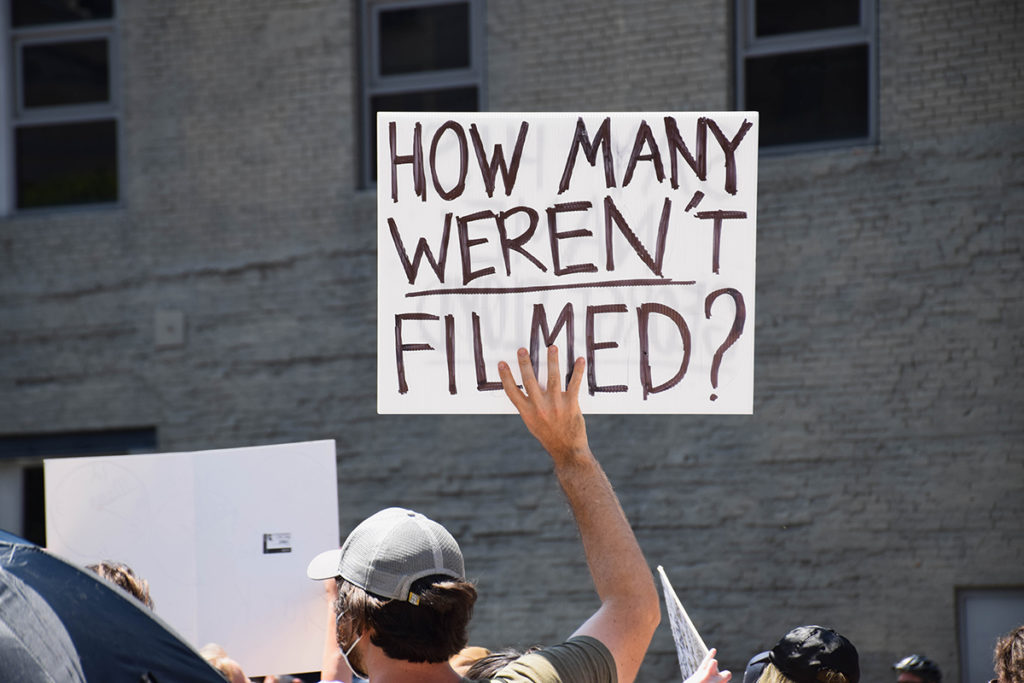
The beating of Tyre Nichols in police custody is renewing concerns about how top leaders are addressing police abuses statewide, including in Nashville.
Middle Tennessee State University Professor Sekou Franklin said it’s easy to condemn a video where Memphis officers were so violent. But when it comes to less overt problems in policing, Gov. Bill Lee, Mayor John Cooper and other civic leaders are less vocal.
“So now they’re weighing in on something that’s so obvious, in the same way that people weighed in on something so obvious as George Floyd,” he said. “But … when the marching stops, when the grievance dies down, the Governor Bill Lees and the Mayor Coopers and others will revert back to the status quo position.”
Mayor John Cooper and Gov. Bill Lee both issued statements condemning the actions of the officers in Memphis.
Yet money has continued flowing to law enforcement’s top priorities, Franklin says, including a controversial pilot for license plate readers. The technology was backed by Mayor John Cooper and Metro Nashville Police Chief John Drake.
LPRs have drawn skepticism from some councilmembers and community members who worry the technology will be used to disproportionately target Black and brown people, much like Tyre Nichols, who was pulled over in a traffic stop.
“All of these things collectively are reinforcing each other to create a system of oppression, whether it’s carried out by white folks or whether it’s carried out by Black folks,” said Franklin.
This case has also drawn national attention because of the race of the five officers involved, who are all Black.
Adolphus Belk Jr., a professor of political science and African American studies at Winthrop University, says racial bias can exist even between people of the same racial group.
“When people talk about confronting police brutality, they want to do just that — put an end to police brutality, no matter who it’s coming from and no matter who it’s directed to,” Belk said.
Creating a more diverse police force has been a goal in departments across the country — including Nashville — but Belk says this case illustrates that diversity alone is not a solution.

